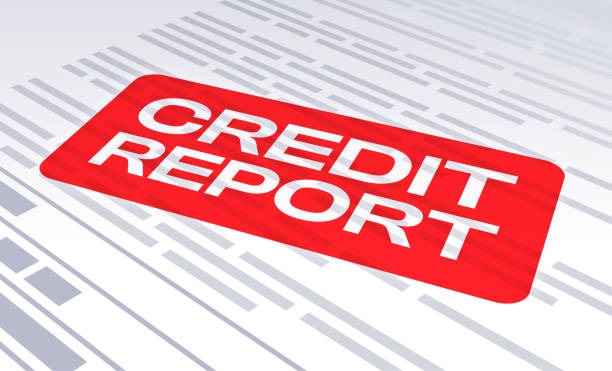When it comes to managing your finances, your credit report is kind of like your financial resume. It shows lenders, landlords, and even employers how responsible you are with money. So, what happens when this important document has mistakes? Unfortunately, credit report errors are more common than most people think, and they can seriously mess with your plans.
These errors can hurt your credit score, make it harder to qualify for loans, and even affect your chances of getting a job. If you’re working on debt settlement, fixing these errors is even more important because every point on your credit score matters when rebuilding your financial life.
So, how do these errors happen in the first place? Let’s break it down and look at some of the most common ways mistakes end up on your credit report.
Data Entry Mistakes
Believe it or not, something as simple as a typo can cause a big problem. Credit reports are created using information from lenders, credit card companies, and other financial institutions. When someone types in your name, address, or Social Security number incorrectly, that mistake can lead to accounts being reported under the wrong file.
If your name is common or similar to someone else’s, this risk goes up even more. You might suddenly see someone else’s account show up on your report, which can lower your score and create confusion.
Outdated Information
Another common reason for credit report errors is outdated information. When you pay off a debt or close an account, it doesn’t always get updated on your report right away.
Sometimes lenders fail to send updated details to the credit bureaus, or the credit bureaus don’t process the information correctly. This can leave old debts lingering on your report, making it look like you owe money you’ve already paid off.
This is especially frustrating if you’ve worked hard on something like debt settlement and think you’re in the clear, only to find that your credit report still shows balances that should be gone.
Identity Theft
Identity theft is a major reason for incorrect information showing up on credit reports. If someone uses your personal information to open accounts or take out loans, those accounts can appear on your report even though you never opened them.
These fraudulent accounts often go unnoticed until you apply for a new loan or check your credit report. By then, the damage to your credit score could be significant.
Mixed or Merged Files
When two people have similar names, addresses, or Social Security numbers, their credit files can sometimes get mixed together. This is known as a “mixed file.”
For example, if you share a name with a parent, child, or even a stranger who lives in the same city, their accounts might accidentally end up on your report. This can lead to incorrect balances, accounts you don’t recognize, and even missed payment histories you never had.
Reporting Errors From Lenders
Lenders and creditors play a big role in keeping your credit report accurate. But sometimes, they make mistakes too. They might report a payment as late when it was actually on time or list the wrong account balance.
These reporting errors can have a big impact on your score and your ability to get approved for loans, credit cards, or even rental applications.
Public Records Mistakes
Credit reports also include information from public records, like bankruptcies, liens, or judgments. Mistakes can happen when this information is entered incorrectly or assigned to the wrong person.
Imagine finding out your credit report shows a bankruptcy you never filed for. That can be a huge shock and can take time and effort to correct.
How to Protect Yourself
Now that you know how these errors happen, what can you do about it? The best thing is to regularly check your credit reports. You can get a free report from each of the three major credit bureaus (Equifax, Experian, and TransUnion) once a year at AnnualCreditReport.com.
When you check your reports, look carefully at every detail: personal information, account balances, payment histories, and public records. If you see something that doesn’t look right, dispute it as soon as possible.
Why It Matters So Much
Errors on your credit report don’t just stay on paper — they can affect your everyday life. A lower credit score can mean higher interest rates on loans, higher insurance premiums, and even trouble getting approved for apartments or jobs.
If you’re going through debt settlement or trying to rebuild your financial life, a credit report error can slow your progress and make it harder to reach your goals.
Final Thoughts
Credit report errors might seem like small mistakes, but they can have a big impact on your financial health. By understanding how these errors happen — from data entry issues to identity theft — you can take steps to protect yourself and fix problems before they cause serious damage.
Check your credit reports regularly, stay alert for suspicious activity, and don’t hesitate to dispute mistakes. A little attention now can save you a lot of stress (and money) later on.
Your credit report should tell your true financial story — make sure it’s accurate so you can move forward with confidence.






